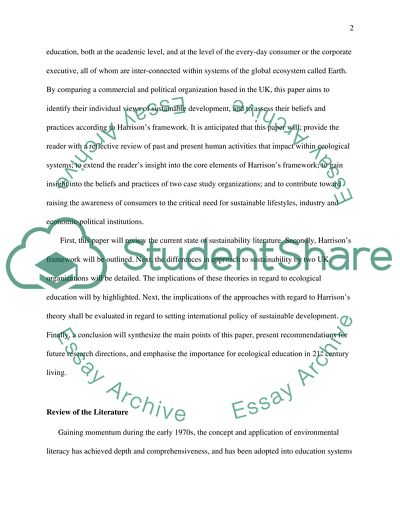Cite this document
(“Sustainable Development Essay Example | Topics and Well Written Essays - 3250 words”, n.d.)
Sustainable Development Essay Example | Topics and Well Written Essays - 3250 words. Retrieved from https://studentshare.org/environmental-studies/1514231-sustainable-development-essay
Sustainable Development Essay Example | Topics and Well Written Essays - 3250 words. Retrieved from https://studentshare.org/environmental-studies/1514231-sustainable-development-essay
(Sustainable Development Essay Example | Topics and Well Written Essays - 3250 Words)
Sustainable Development Essay Example | Topics and Well Written Essays - 3250 Words. https://studentshare.org/environmental-studies/1514231-sustainable-development-essay.
Sustainable Development Essay Example | Topics and Well Written Essays - 3250 Words. https://studentshare.org/environmental-studies/1514231-sustainable-development-essay.
“Sustainable Development Essay Example | Topics and Well Written Essays - 3250 Words”, n.d. https://studentshare.org/environmental-studies/1514231-sustainable-development-essay.


